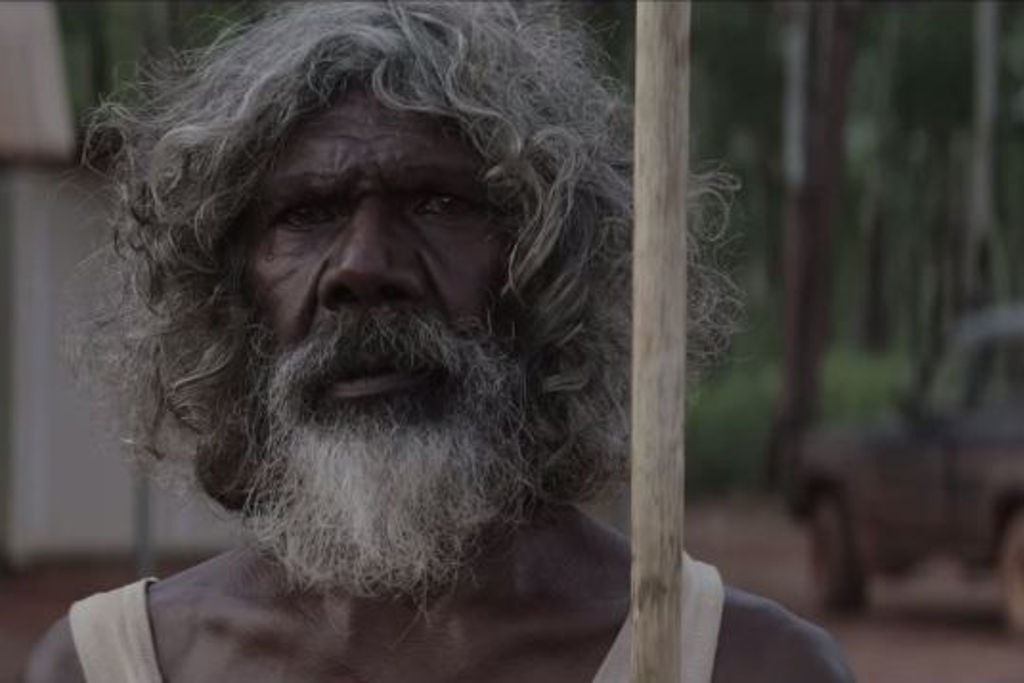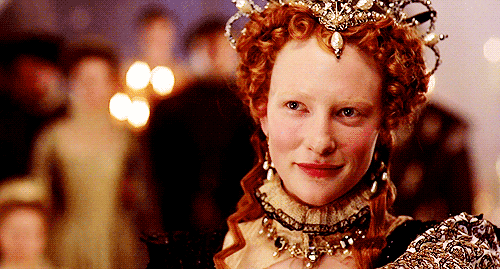Rolf de Heer And David Gulpilil Are Australia’s Best Director/Actor Combo You’ve Never Heard Of
We DO make great films, turns out.

It’s no secret that Australia doesn’t particularly foster its cinematic talent anymore, and that most of our famous filmmakers – directors, actors, and technicians alike – are forced to take their skills overseas once the struggles of financing and internal industry politics make creating art almost impossible. The Australian film industry, such as it stands today, can sometimes be best described as a launching pad for a career overseas or the more lucrative world of television.
Consider Justin Kurzel, who debuted with Snowtown (2011) but whose sophomore effort will be a British production of Macbeth starring Michael Fassbender and Marion Cotillard. Or Cate Shortland of Somersault (2004) who took eight years to eventually make a follow-up, and had to go to Germany to do it with Lore (2012). And then there’s Baz Luhrmann, who has made all but one of his big-budget extravaganzas in his home country (albeit with a lot of American money), but doesn’t breed much generosity from journalists and critics who like to bathe in the glow of globally recognised local talent. “Our Cate”, for example.

It’s a minor miracle, then, that Rolf de Heer has remained in his adopted homeland. The unassuming Dutch native who emigrated with his family in the late 1950s doesn’t typically make films with subject matter that would get perpetually nervous financiers excited – indigenous issues, unhappy housewives, mute children, mentally disturbed man-children – and yet he has become renowned in arthouse and film festival circles (he has had four films screen at Cannes, plus others at Venice, Berlin, Toronto, Chicago, Paris, and Seattle) and spent his career making unique, powerful and distinctly Australian films, many of which have become classics and important, integral parts of local film culture.
–
David And De Heer: A Perfect Pair
The 63-year-old’s latest effort is Charlie’s Country, the third instalment in a sort of unofficial trilogy starring iconic Aboriginal actor David Gulpilil following The Tracker (2002) and Ten Canoes (2006). As each film deals with the issues of indigenous black society, it’s not hard to see the damning effects that white culture has had on their way of life.
With Ten Canoes, the first local film performed entirely in a native dialect, the story of a pre-western contact love story is comic and rich in detail of the first Australians, which is in stark contrast to The Tracker, telling of the systematic cruelty by a racist colonial policeman towards the Aboriginal man being forced to find the runaway murderer of a white woman in the 1920s outback.
Jumping to the modern day, Charlie’s Country treads similar ground that has fascinated filmmakers in this country for many years. Similar in many ways to Samson & Delilah (2009), De Heer and Gulpilil’s new film follows Charlie, a blackfella who’s sick of living by the rule of the white lawman (Luke Ford from The Black Balloon [2008] and Animal Kingdom [2010]) and takes off into the wilderness to live by the old ways — only to find it’s harder than he thought. For his performance, Gulpilil won Best Actor at the Cannes Film Festival’s prestigious Un Certain Regard, and the film was hailed as “atmospheric and cautionary” by Variety, a “delicate but powerful film” by The Hollywood Reporter, and a “triumph” by the Sydney Morning Herald.
–
Culture Clash
This culture clash between black and white Australia is something that has fascinated filmmakers for decades. Films like Walkabout (1971), also starring David Gulpilil, The Chant of Jimmie Blacksmith (1978), One Night the Moon (2001), Rabbit-Proof Fence (2002), and Bran Nue Dae (2010) have all used film to tell stories about indigenous people and culture that mainstream media tends to ignore. For De Heer, it’s only natural to be interested in the subject given his heritage, and almost all of his films tend to revolve around the theme of people in lands that they don’t truly belong.
Sometimes it’s very literal, such as the alien in the sci-fi global warming parable Epsilon (1995), the silent movie scientist in Dr Plonk (2007) who accidentally sends himself 101 years into the future, the ageing jazz musician (Miles Davis in a rare acting role) in the outback of Dingo (1991), the recluse thrust into a hunt in The Old Man Who Read Love Stories (2004), or the woman so uncomfortable in her designated role of housewife and mother that she orchestrates an elaborate plan to run away in Alexandra’s Project (2003).
–
Taboos And New Frontiers
His most famous film is arguably Bad Boy Bubby (1992), the black comedy that’s notorious for its use of grotesque violence, animal cruelty and incest to tell the story of a house-bound man who eventually breaks free.
Alongside Geoffrey Wright’s Romper Stomper (1992), the film helped introduce a wave of films from the likes of Ana Kokkinos, Alkinos Tsilimidos, Khoa Do, and Dee McLachlan that took grim, even taboo subject matter involving people of many ethnicities and injected them into the modern urban landscapes of Australia rather than the outback and bleak suburbs so predominant in Aussie film. The film’s influence can even be felt as far as Greek Oscar-nominated festival hit Dogtooth (2009).
With Charlie’s Country, de Heer has continued not only his own seemingly endless hot streak of films, but also the proud tradition of excellent films about indigenous issues. In a 2006 Time article, the director rejected claims his white European heritage should disqualify him from making films such as Charlie’s Country or Ten Canoes, stating that he is merely a tool in allowing Aboriginal storytellers to tell their stories on a larger scale. Charlie’s Country is as much Gulpilil’s film as it is the director’s — an unlikely pairing that should go down as one of the Australian film industry’s greats.
–
Charlie’s Country is in limited release now.
–
Glenn Dunks is a freelance writer from Melbourne who is currently based in New York City. He also works as an editor and a film festival programmer while tweeting too much @glenndunks.